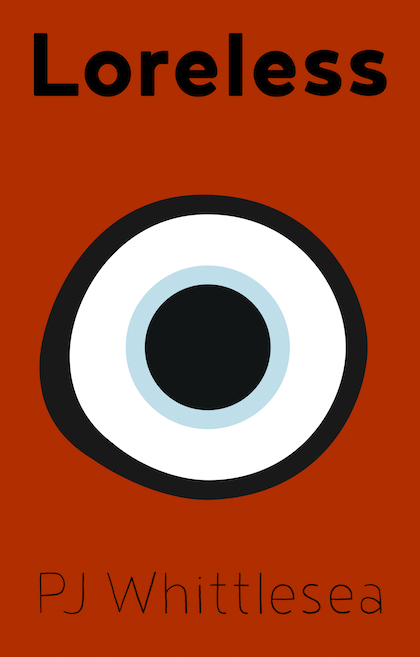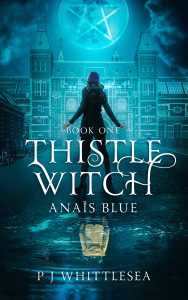
Is There A Secret Weapon For Writing Great Stories?
Recently I attended a free online writing course. It proposed to solve the common problems which most writers encounter.
It also promised to increase writing productivity.
It sounded like getting the keys to a secret weapon.
Naturally, as a writer, I was inquisitive and wanted to know more.
The core idea of the course was that if you break down a storyline into sections you will have a better idea about where you are going.
Most writers would call it plotting.
The concept that there is an ideal structure to a story is not new. There are a number of theories.
There is the traditional three act schema, the steps of the monomyth as proposed by Joseph Campbell, the 22 steps according to John Truby and many more.
The list goes on.
This latest permutation suggested there were 7 steps.
How many flights of stairs is a writer supposed to climb?
When I looked closely at the 7 steps theory I could quickly convert it. I saw the traditional three act structure jump out at me.
Three acts go a little like this:
There is a beginning, or first act, where the protagonist is introduced to reader. At the end of this act the poor victim, suffering under the point of your pen, is subjected to something horrendous which rocks their world.
In the second act they try to avoid whatever it is, or go along for the ride. At some point in the middle of the story they discover whatever it is they are really supposed to do, or are confronted with pure evil. In some cases even fall in love. Perhaps all these things happen.
At any rate there is a major turning point in the story. In general, the protagonist no longer has a choice but to take action. Hereafter follows a period of trying to work towards uncovering the mystery, killing the evildoer or trying to win their heart’s desire.
Then, at the start of the third act, they get a crucial piece of information, acquire a weapon of minimal destruction or are exposed to another realisation. Once this occurs it narrows down what the hero needs to do. It propels the protagonist to the end of the story where they find the solution to their problem.
If they are very lucky, they will live happily ever after.

Ahh....bliss!
The 7 steps theory is not bad but it rehashed everything I already knew.
Most of this I had already learnt, not from books or a course, but by writing myself.
There is some strange natural progression a story takes, whether you like it or not.
If you’re experienced at writing and trust your story, your heart will tell you which way to go. Share on X
I had written most of my first novel Loreless before I first discovered the whole idea that certain steps were necessary to write a story which rings true.
At the time it helped reinforce what it was I had been writing. However, it was more an ego boost than actually something which helped me write the story.
It did allow me to check if my story had any plot holes. To my suprise I had followed Joseph Campbell’s 12 steps to the letter.
Somehow, the story had told itself.
Which makes me wonder what this reviewer was on about:
"...no plot to speak of."
Amazon Reviewer “Lena O”
Something which this course made me realise was that the only way to truly write good stories, ones which make sense to a reader, is simply to write.
You need to put in the work. Share on XGuidelines are good, but if you don’t understand the process, which boils down to listening to your feelings, you won’t know what you’re looking for.
You won’t even know where the guidelines are.
The 7 steps were not wrong. They work for the writer of the online course. However, they may not work for other writers.
As an author I am always open to tips and ways to improving my art but I realise there is no secret weapon.
Experience is the only true secret writing weapon and following where your heart tells you to go.
No one else can teach you this. The secret weapon is yours alone. First you have to build it and then it can only be operated by you.
Keep writing and discover your own secret weapon.
Are you struggling to find your creative secret weapon?
Leave a comment below or join the mailing list and let me know.

